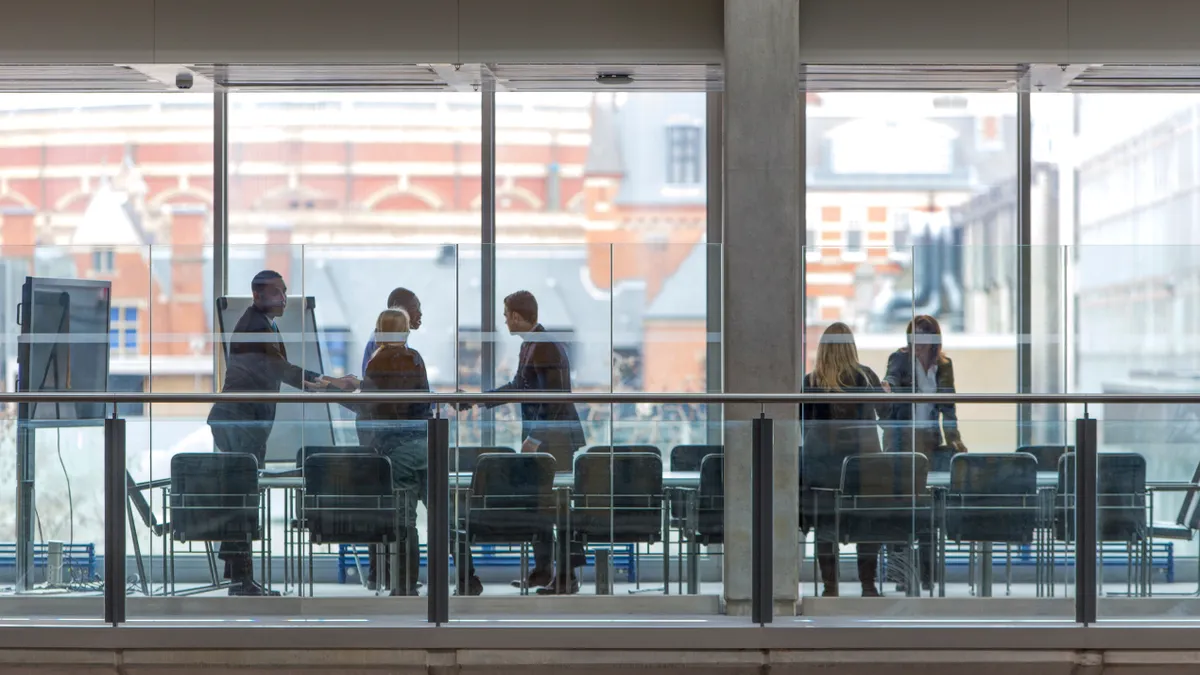Dive Brief:
- A new survey by The Economist Intelligence Unit found 37% of respondents have developed new sourcing options as a result of the current trade tensions. 35% expect tensions to increase their procurement cost, and 29% anticipate greater supply chain complexity as a result.
- Procurement professionals are worried about a wide range of global trade issues, with 23% of respondents most worried about post-Brexit negotiations and 21% focused on the U.S.-China trade war. 13% expect the greatest impact over the next two years to come from national trade barriers like censorship and privacy regulations.
- Just 12% of respondents say extreme weather and climate change is their greatest trade concern, which the report points out is in contrast to the World Economic Forum's global risk report that places extreme weather as having the second highest potential impact.
Dive Insight:
Procurement professionals see many of these headwinds coming their way, but they also see themselves as being responsible for the solutions: 71% of respondents said they believe finance and procurement will play an important role in the response to the current trade environment.
While the Brexit and trade tension news can often take the air out of the room when it comes to trade issues, they are not the only concerns respondents had. Navigating barriers to digital trade was also listed as a top concern and this could be especially worrisome for procurement and finance if regulations on data sharing are involved, according to Nicolas Roux, a chief procurement officer at SITA who was interviewed for the report.
"The regulations and constraints around data processing have material impacts, from solution design to vendor selection, and can even limit the ability to implement large-scale automation,"Roux said in the report.
Companies are dealing with the uncertainty surrounding trade by reviewing internal controls and procedures, forecasting prices using simulations and looking for new suppliers.
The survey found those who have expanded their sourcing options tend to feel more confident about their ability to weather the trade chaos. It found 35% of those feeling confident about their ability to adapt had expanded sourcing, while just 22% of the less confident respondents had done the same.
This story was first published in our weekly newsletter, Supply Chain Dive: Procurement. Sign up here.













